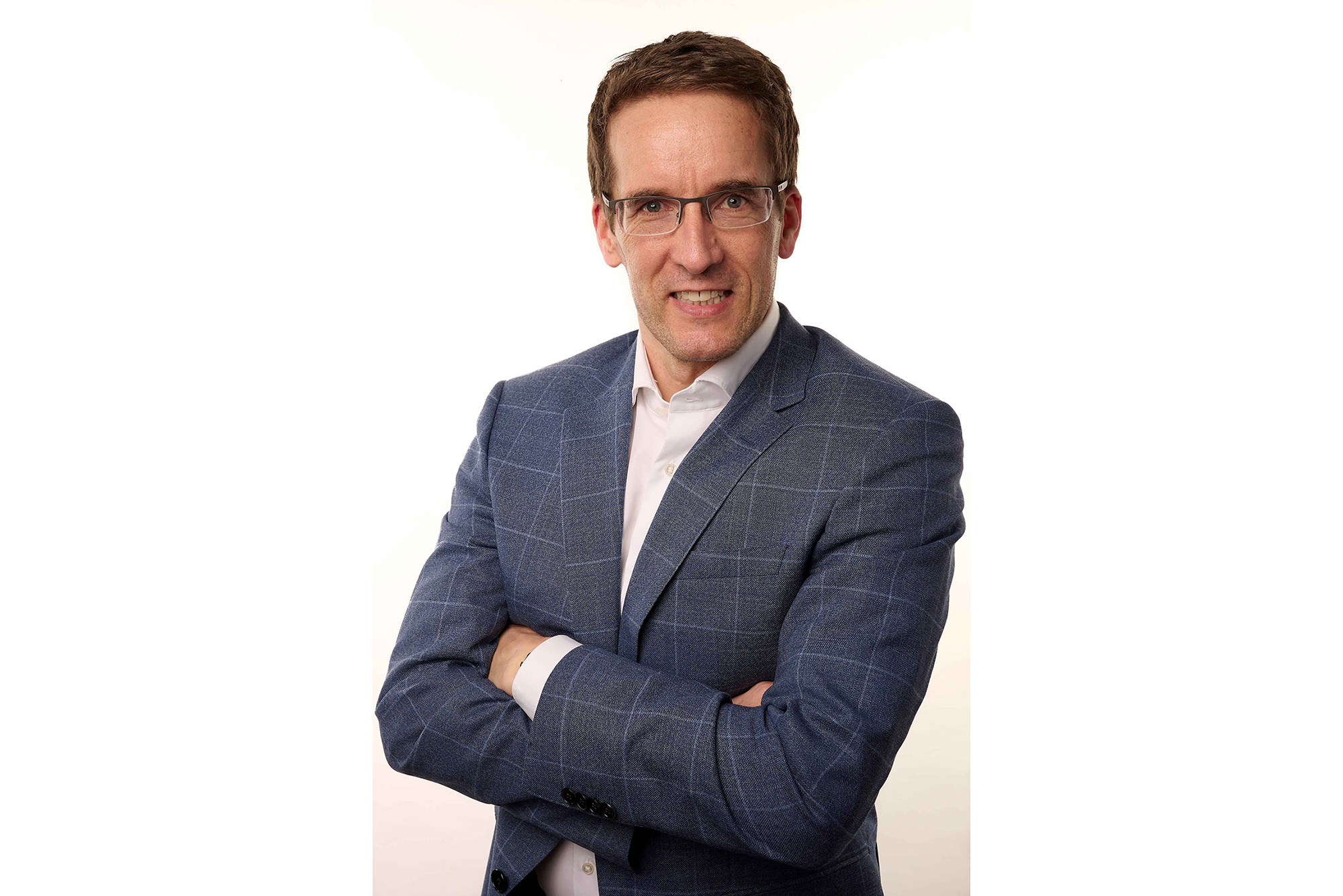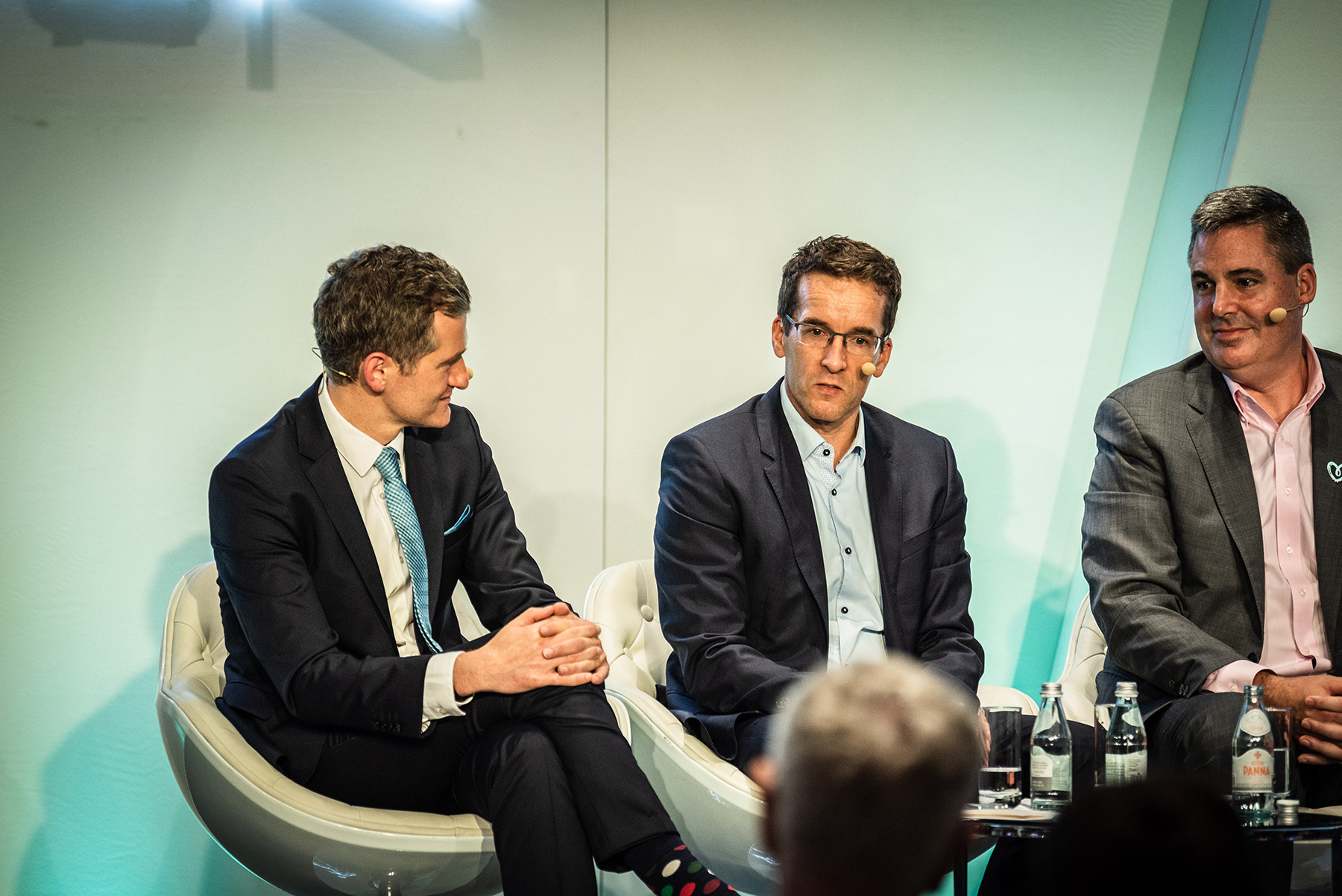Industry Insights OUTLOOK: Achim Schalk


If you had a regulator in front of you right now, would you have a message for them regarding what governments or the EU could be doing to try to help the support industry when crises like the energy one arise?
Achim Schalk (AS): We are competing across Europe for the same business, and the energy situation changed the competitive landscape with effects that I don't believe should be accepted by politics. Every country has taken individual measures, which is impacting this landscape. I think there's more coordination needed across Europe to protect not only individual countries or individual businesses, but the whole continent.
Do you think the lack of understanding from governments of how industry operates is leading to this lack of coordination and some of the other challenges that we’re seeing?
AS: Yes. With no disrespect to politics and politicians, they cannot understand every individual industry. I believe that they have some global picture of how businesses work, but our industry’s unique when it comes to how the raw materials are purchased and how they run through the supply chain. It would be helpful to educate them on how the supply chain functions, but also how essential our products are to consumers, and why we believe that our industry needs protection.
The energy crisis has brought in many constraints for companies, but what about the potential opportunities?
AS: There's an obvious opportunity for consolidation, making businesses more robust. Every crisis offers opportunity for innovators that can overcome the most important challenges that we are faced with. Currently there’s the obvious transition to green energy which will be accelerated, not only for our industry but generally speaking for the continent, and this will be appreciated.
How do you think the energy crisis has impacted businesses' capacity to meet sustainability goals? Is it a hindrance or is it perhaps also as you were saying an opportunity for innovation?
AS: I think it's both in the short-term. I believe that some of the commitments that have been made, but that would cost extra money without a return on that investment might be pushed out for a while. But if we take a mid-term, long-term view I believe the crisis will be an accelerator for sustainability, for the transition to green energy and more green solutions, because it's obvious that we will not be able to continue being dependent on producing countries for gas and oil.
How can nonwovens contribute to sustainability compared to other materials and how do you see the future of the nonwovens industry in the decades to come?
AS: The nonwovens industry has always survived on innovation. I believe that there is a lot more to come. We are here to support our customers’ needs and at the end they decide what they want to see in the marketplace. We are already seeing companies like us, but also others, provide sustainable solutions including recycled content or natural ingredients. I'm sure we will see much more of this in the next couple of years.
I don't have a glass ball, and at the moment it's hard to predict the next six months, let alone beyond, making it even harder to visualize where we believe we will be in 2030. However, I believe that nonwovens are a solution not only for hygiene but for many other industries. The nonwovens industry itself and the products that we make are here to stay and I don't see a significant shift away from that, but maybe we’ll see future solutions take a different shape and format.
What I do find very important, and I’ve heard this from others too, is for us as an industry to address the concerns that we all have together. Making sure that during events like OUTLOOKTM or INDEXTM, we really pick up on critical topics and discuss them. Addressing the elephant in the room – the energy crisis – I think was very critical at OUTLOOKTM and appreciated by many people that I spoke with.